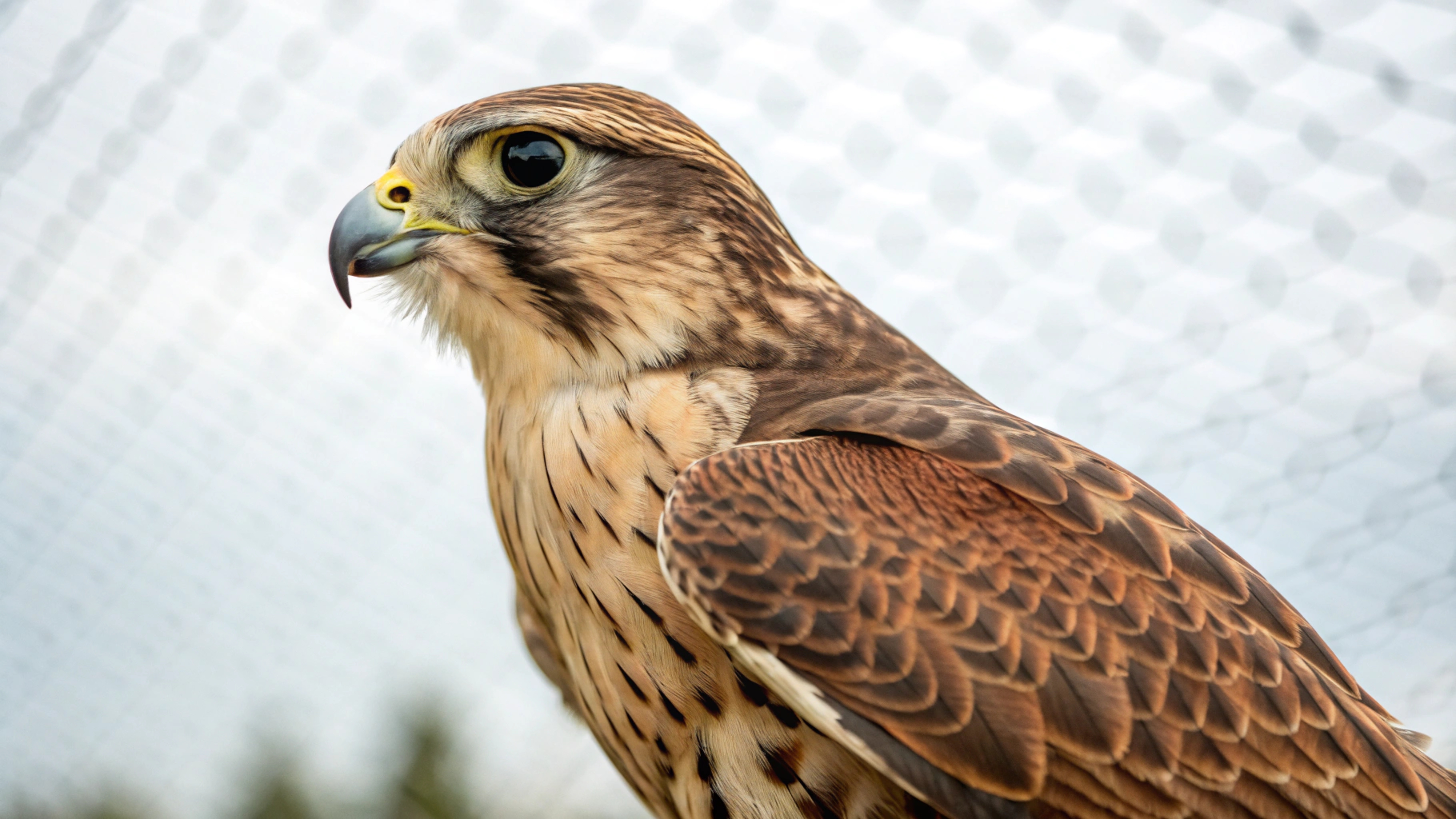Berlin’s thriving goshawk population could soon serve as a model for urban rewilding in the UK. Conservationist Dr Paul O’Donoghue of Rewilding UK plans to release 15 northern goshawks each into Chester and London, aiming to restore balance in city ecosystems.
Once hunted nearly to extinction in Britain, the apex predators have adapted to urban life across Europe, with Berlin now home to around 100 breeding pairs. There, the raptors hunt pigeons and corvids from rooftops and park trees, showing little fear of human activity.
O’Donoghue believes goshawks could help control mesopredators such as crows and magpies in the UK, offering relief to smaller songbirds. “It proves this can be done quickly – without much fuss, but with so much excitement,” he said after observing Berlin’s birds.
The proposed “assisted colonisation” would use chicks from European nests and UK breeders, subject to Natural England’s approval. Each bird would be fitted with GPS tracking, with project costs estimated at £110,000.
While supporters stress the ecological and psychological benefits of seeing such predators in cities, some experts remain cautious. Researchers warn that rural-bred chicks may struggle to adapt to urban life, and small release numbers may have limited impact. Others point to possible conflicts with pigeon and chicken breeders, as seen in Germany.
Despite these concerns, O’Donoghue remains confident, citing his experience with wildcat tagging and bustard reintroductions. He argues city-based rewilding could transform public engagement with conservation.
“People go to the park to feed pigeons,” he said. “Soon they’ll be going to see goshawks.”


